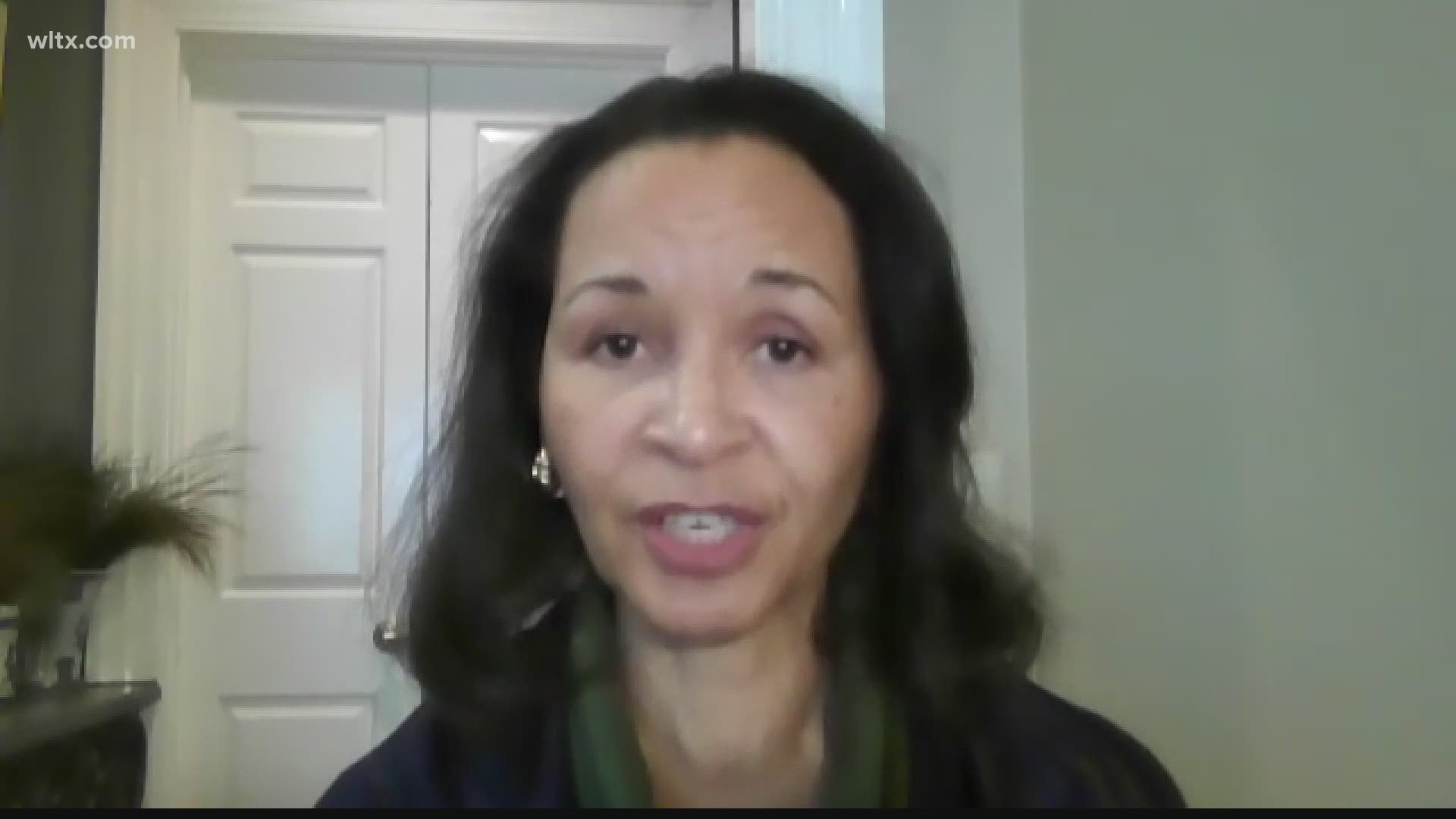COLUMBIA, S.C. — Before the pandemic, many South Carolinians were not very familiar with the name, Dr. Linda Bell.
"I've been with DHEC, 26 going on 27-years," said Dr. Bell, the state's epidemiologist, which means she's an expert on infectious diseases, including the coronavirus.
And she would be the first to tell you that in the almost three decades with the states agency dedicated to and 'charged with promoting and protecting the health of the public and the environment in South Carolina', according to their website, she's seen a lot.
"Everything from Ebola to Zika to food borne illness and what not,' she says, but nothing she says, compares to the coronavirus.
"This is of course the worst in my public health career," she says of the virus.
In her role she works to keep South Carolinians safe, even before residents know they are in danger.
RELATED: 2,228 new confirmed cases of COVID-19 reported Sunday in South Carolina, 35 confirmed deaths
"We've never expected this prolonged duration of this pandemic, that here we are, a year later, that we would still be looking at this, and not only looking at but that we'd be still looking at it with these ongoing disease surges."
Bell sees the numbers, but she also knows confirmed COVID cases and virus related deaths are not just statistics. Ever new infection has a name and every lost life has a grieving family.
The decisions she makes as part of a team of public health professionals is based on science, but it doesn't stop there. Take for instance the Center for Disease Control (CDC) recommendation to re-open schools.
"From a public health perspective we follow the CDC guidance, we follow the data we follow the evidence "
She says she understands why this is a tough decision for educators.
"My mother is a teacher and I understand their fears, I understand the nature of the work they do and I am a strong strong vaccine advocate for everyone."
When it comes to getting vaccines to underserved and rural communities, the age of problem of supply and demand is not being ignored. Bell says DHEC has a plan for residents.
"We are being very deliberate about placing the limited number of doses as widely as we can to ensure access," she says. "Now is the time to do everything we can to prevent spread. "
And when asked about when the pandemic will be over, Dr. Bell responded, "Not soon enough, but I ask people to be optimistic about the fact that there are things that each of us as individuals can do to help us get over this sooner rather than later. And to be optimistic the tools we have at hand. "

